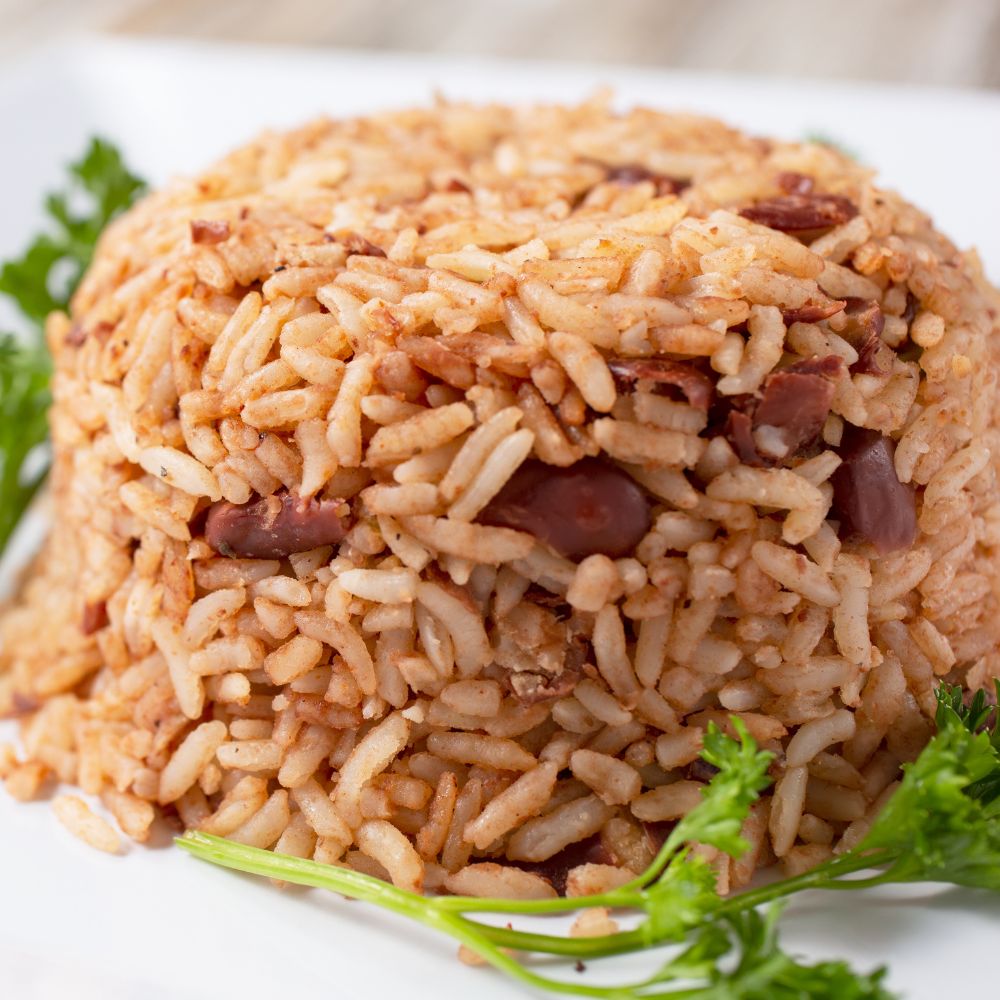Many people wonder, can you build muscle without eating meat? While meat, fish, and eggs often provide high protein for muscle growth, a vegetarian or vegan diet also supports muscle building effectively. This article shows how you can build muscle without consuming animal products and offers tips and food options to help you reach your fitness goals.
Understanding Protein Needs
Muscle growth requires an adequate intake of protein, which is made up of amino acids. While animal products are rich in complete proteins (containing all essential amino acids), plant-based sources can also provide the necessary nutrients when combined correctly.
Plant-Based Protein Sources
Here are some excellent plant-based protein sources to incorporate into your diet:
- Legumes: Beans, lentils, and chickpeas are rich in protein and fiber. They can be added to salads, soups, or made into spreads like hummus.
- Quinoa: A complete protein, containing all nine necessary amino acids. It can be used as a base for salads or served as a side dish.
- Tofu and Tempeh: Both made from soybeans, tofu and tempeh are versatile protein sources. They can be grilled, stir-fried, or added to smoothies.
- Seitan: Made from wheat gluten, seitan is a high-protein meat substitute that mimics the texture of meat, making it an excellent addition to various dishes.
- Nuts and Seeds: Almonds, peanuts, chia seeds, and hemp seeds are protein-rich snacks that can be added to smoothies, yogurt, or salads.
- Plant-Based Protein Powders: Protein powders made from peas, rice, or hemp can help supplement your diet, especially post-workout.
Combining Proteins
To ensure you get all essential amino acids, consider combining different protein sources. For example:
- Rice and Beans: Combined together, they form a complete protein.
- Hummus and Whole Grain Bread: This combination provides a balanced amino acid profile.
Nutritional Considerations
- Caloric Intake: To build muscle, you need to consume enough calories. Ensure you’re eating a balanced diet rich in whole foods, including plenty of fruits, vegetables, and healthy fats.
- Micronutrients: Pay attention to nutrients often found in animal products, such as iron, vitamin B12, and omega-3 fatty acids. You can obtain these from fortified foods, supplements, or specific plant sources like flaxseeds and nutritional yeast.
- Recovery: Post-workout nutrition is crucial for muscle repair. Aim for a protein-rich snack or meal within 30-60 minutes after exercising.
Sample Meal Plan
Here’s a simple meal plan to demonstrate how to build muscle without meat, fish, or eggs:
- Breakfast: Overnight oats with almond milk, chia seeds, and berries.
- Snack: A spinach, banana, and pea protein smoothie.
- Lunch: Quinoa salad tossed with black beans, corn, avocado, and lime dressing.
- Snack: Hummus with carrot sticks and whole grain crackers.
- Dinner: Stir-fried tofu with mixed vegetables and brown rice.
Can You Build Muscle Without Eating Meat? Key Points
| Aspect | Details |
|---|---|
| Protein Sources | Legumes, quinoa, tofu, tempeh, seitan, nuts, seeds, plant-based protein powders |
| Protein Combining | Combine foods like rice & beans or hummus & whole grain bread for complete amino acids |
| Nutritional Considerations | Ensure enough calories, iron, B12, omega-3 from fortified foods or supplements |
| Recovery Nutrition | Eat protein-rich snacks/meals within 30-60 minutes after workouts |
| Sample Meal Ideas | Overnight oats, protein smoothies, quinoa salads, tofu stir-fry |
Conclusion
So, can you build muscle without eating meat? Absolutely. With the right approach—focusing on diverse plant-based protein sources and balanced nutrition—you can reach your muscle-building goals without animal products. Whether you’re vegetarian, vegan, or simply reducing meat intake, your muscle-building potential remains strong.
Frequently Asked Questions (FAQ)
Yes! With the right combination of plant-based proteins and sufficient calories, you can build muscle effectively without consuming meat.
Excellent sources include legumes (beans, lentils), quinoa, tofu, tempeh, seitan, nuts, seeds, and plant-based protein powders.
Combine different protein sources, like rice and beans or hummus and whole grain bread, to create complete proteins.
You might consider supplements for nutrients like vitamin B12, iron, or omega-3s, especially if these aren’t sufficiently available from your diet.
To promote muscle growth and repair, try to eat a protein-rich meal or snack 30 to 60 minutes after working exercise.

